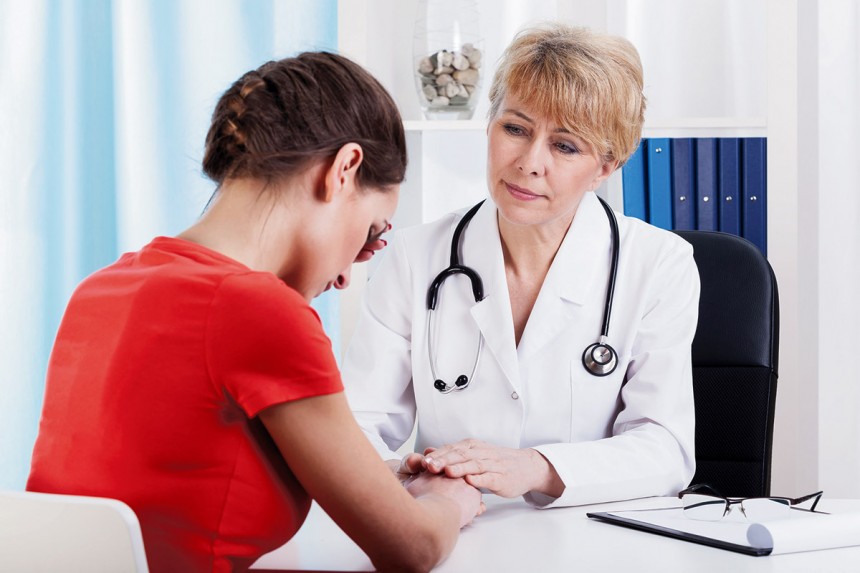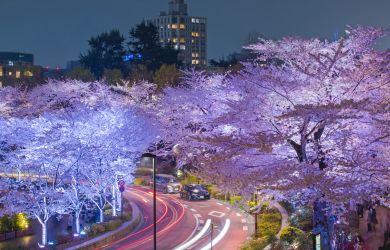
Dear Metropolis,
I have had sex with many partners in the past year but now am looking to settle down into a relationship. Before I can become physically intimate with my new partner, I would like to make sure I’m completely free of transmittable diseases.
Last time I checked, I was clean—but since coming to Japan, I have had trouble finding out where I can get checked for STDs, VDs and HIV in English that isn’t too costly, and I’m not comfortable asking people I know. Where can I go to get checked?
—Worried
Dear Worried,

Finding out about services, medical or otherwise, in a foreign country is never easy; finding people willing to talk openly about sexual health can be even more challenging. STDs are as common in Japan as in most other modern countries, but often less acknowledged, or the need for safe sex practices discussed. It’s great to hear you’re taking both your and your partner’s sexual health seriously. The good news is that there are numerous options for getting tested for HIV and a range of STDs in Japan that vary in cost, degree of anonymity and level of English support.
In Japan, the word for STDs is seibyō, and most public health centers (hankenjo) test for a range of these for free. Additionally, STD tests are frequently tested through urologists (for men) or OB-GYNs (for women)—however, these may vary in cost and degree of anonymity. It’s also important to check which STDs are offered for testing as not all tests are commonly run.The Tokyo Metropolitan Testing and Counseling Office in Minami-Shinjuku is a good choice.
They offer free confidential and anonymous testing for HIV and a number of STDs, and foreign-language support is available on Saturdays. Another thing to consider when making an appointment to get tested is the “window period.” Most HIV tests measure antibodies; these are produced by anyone who has been infected by HIV, and are the body’s way to try and fight against the infection. However, it takes time for these antibodies to show up in sufficient numbers. Most people will develop antibodies that standard HIV tests can detect within eight weeks. But there is a chance that some people will take longer to develop antibodies, and the World Health Organization recommends 90 days following your last sexual activity that was unprotected. So, if you had unprotected sex with a person who has HIV or whose HIV status is unknown, you would need to wait 90 days to ensure an accurate result, or have more than one test. For example, if you had unprotected sex last night, you would need to wait 90 days for an accurate HIV test result and one to two weeks for many of the STDs. However, you could have one test now for both HIV and STDs, and that would tell you your HIV and STD status for the period 90 prior to your last sexual activity. You would also need to take another test after those three months have passed in case the first test occurred during your window period.
Our Lifeline counselors can talk you through all of the options in more detail, along with places available in your location, and any questions you may have about the various STDs and window periods.
Answer courtesy of TELL. If you need to talk, they’re here to listen. Call the TELL Lifeline at 03-5774-0992 from 9am-11pm, 365 days a year. Or visit their website at www.telljp.com
If you want to “Ask Metropolis Anything” about life in Tokyo, send your questions to askanything@metropolisjapan.com and we’ll find the most appropriate people to answer your queries.





